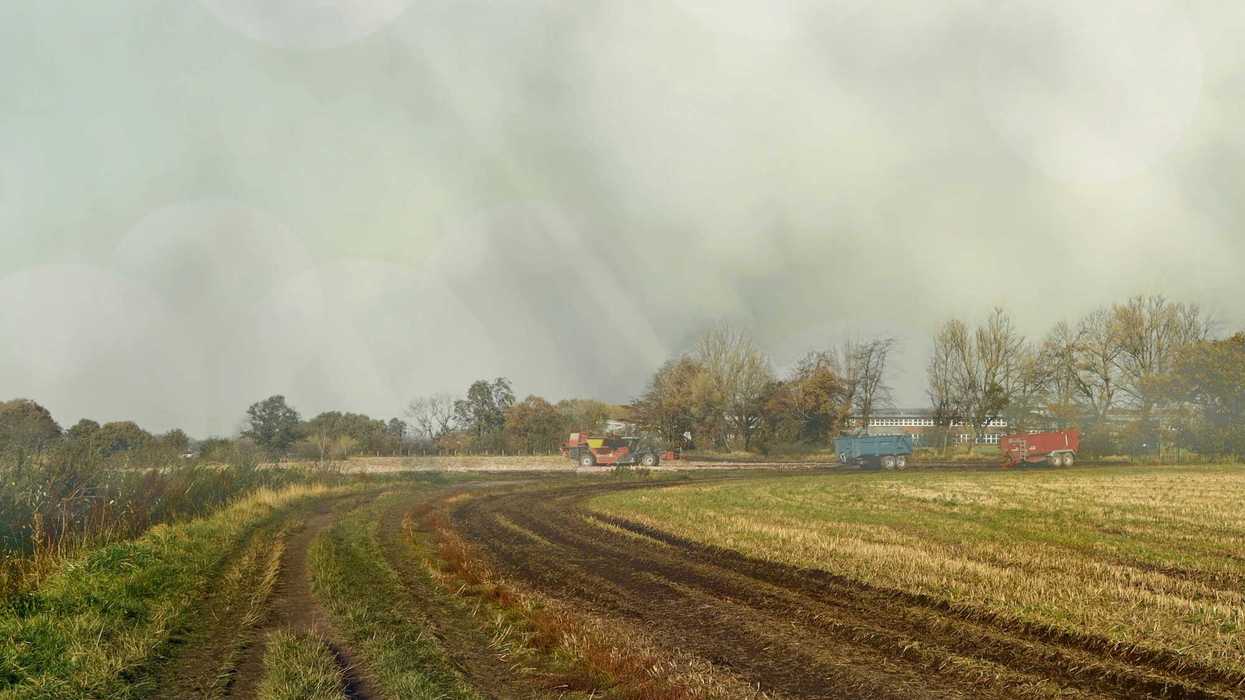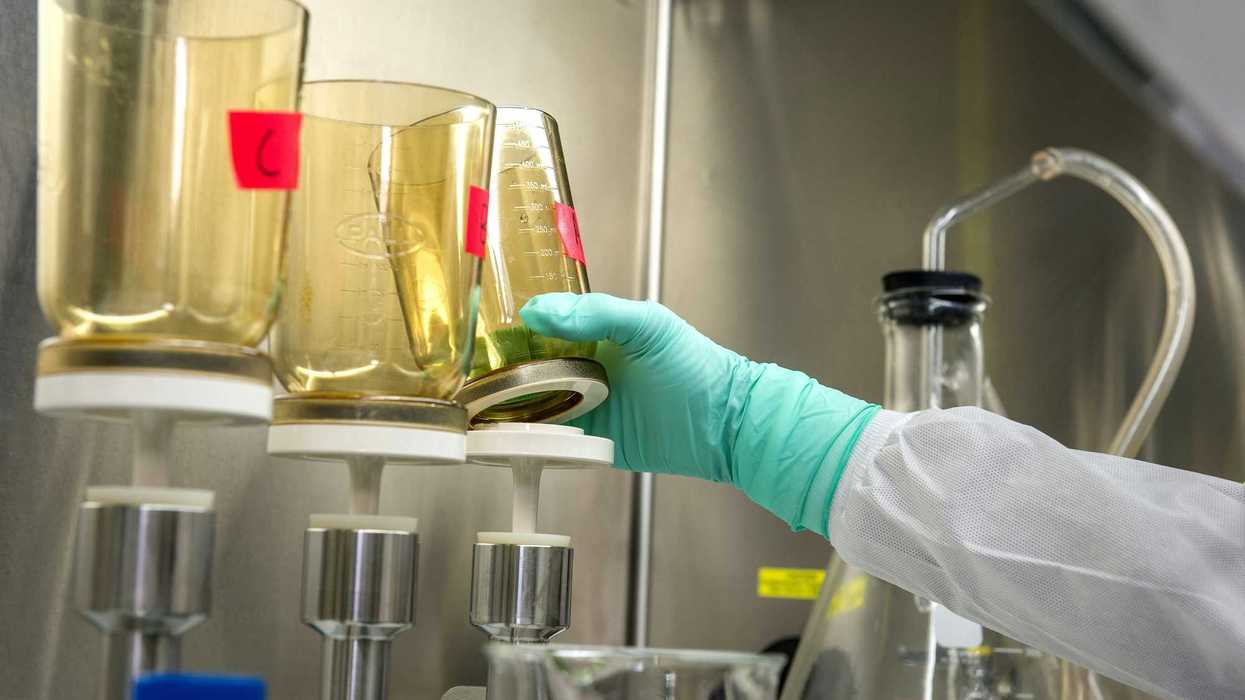A growing number of young soccer players, particularly goalkeepers, are being diagnosed with cancer, raising questions about the safety of artificial turf fields.
Stephen Howie reports for KUOW.
In short:
- Amy Griffin, a University of Washington goalies coach, has compiled a list of nearly 300 athletes with cancer, many of whom are soccer goalkeepers.
- Studies reveal toxic chemicals in the crumb rubber used in artificial turf, but exposure levels are considered too low for concern.
- Critics argue that the focus should be on goalkeepers who have more direct contact with turf and may face higher risks.
Key quote:
"You get them in your mouth, you get them in your abrasions, and they probably get through your pores on a hot day."
— Amy Griffin, University of Washington goalies coach
Why this matters:
This issue highlights the potential health risks associated with common recreational surfaces, particularly for children and adolescents. It underscores the need for rigorous scientific investigation into the long-term health impacts of artificial turf, a material widely used in sports facilities nationwide.














